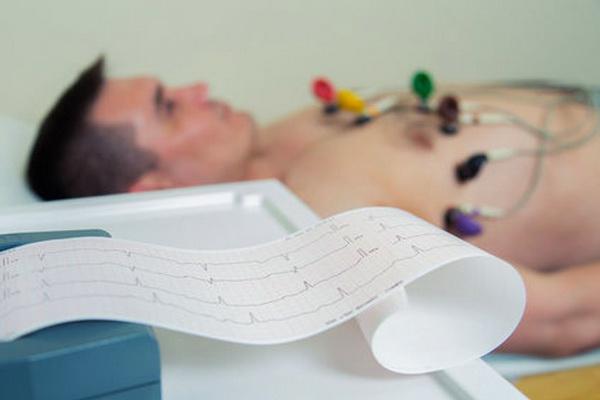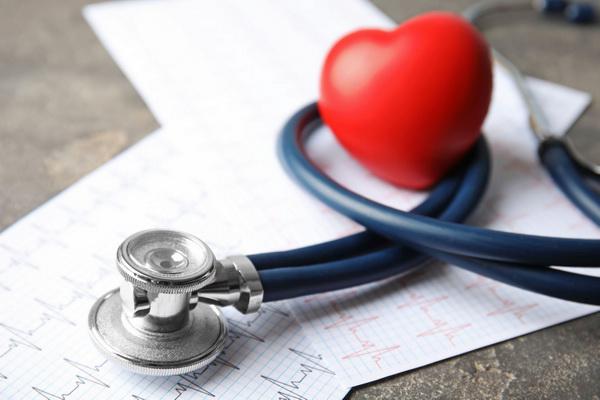Heart failure is killing more and more people, including young and middle-aged people. It is estimated that over a million Ukrainians are struggling with this chronic disease, but a significant proportion of them are not even aware of it. There can be many reasons for failure, most often obesity, atherosclerosis, heart attack, or diabetes in history.
The main symptoms include weakness, shortness of breath, muscle weakness, and swelling. However, these are not all symptoms, and we still ignore many of them at the risk of our lives. Learn what heart failure is, why it occurs and how it manifests itself.
What is heart failure, and what are its causes?
Heart failure (or, in fact, the heart muscle) means that it cannot pump enough blood – fewer flows through the chambers, and more remains in the heart. This leads to ischemia and hypoxia throughout the body. The most common causes of heart failure are coronary artery disease (narrowing of the arteries) and a recent heart attack. Risk factors also include hypertension, atherosclerosis, diabetes, and obesity. All of these conditions damage the blood vessels and weaken the heart.
Birth defects, atrial fibrillation, or complications of infection (especially influenza) also lead to failure. Very often, the disease develops as a result of pneumonia, as well as chronic kidney and thyroid diseases. Heart rate can also be worsened due to inappropriate medication (even pain relievers), chemotherapy,
Heart failure symptoms

Heart failure is actually a complex of many diseases that lead to symptoms related to the circulatory system, as well as a number of confusing symptoms. The most characteristic signs are rapid fatigue even with minor physical exertion, shortness of breath and shortness of breath, general weakness, dizziness and headaches, as well as edema of the lower extremities (especially ankle) that disappears in the morning.
These symptoms are the result of poor circulation and hypoxia. You should also be wary of rapid weight gain (about 2 kg per week), loss of appetite, nausea and pain in the right abdomen. Many people also complain of difficulty concentrating, drowsiness, and frequent urination (especially at night). This is because many organs do not receive the required amount of blood, which also impairs their function. First, the kidneys and liver are affected. Over time, we fight ailments that are rarely associated with heart disease. This is mainly a nighttime cough and wheezing or cold sweat. In the first case, the cause is pulmonary ischemia, in the second – the skin.
Diagnosis and treatment of heart failure

A detailed history is the basis for the diagnosis of heart failure. It is important to determine when shortness of breath, fatigue or drowsiness occurs. Diagnostic tests are also needed – first, analysis of peripheral blood, determination of the level of the hormone secreted by the cells of the heart muscle, as well as an electrocardiogram, echo of the heart and chest x-ray.
Treating heart failure, especially in the advanced stages, is a huge challenge. Up to 50 percent die within 4 years of the patient’s diagnosis.
The basis of treatment is pharmacological agents – diuretics and vasodilators, oxygen therapy also helps. The main thing is a balanced diet, adapted to the possibilities of physical activity and constant blood pressure measurements. Hospitalization is necessary during periods of exacerbation of the disease.








